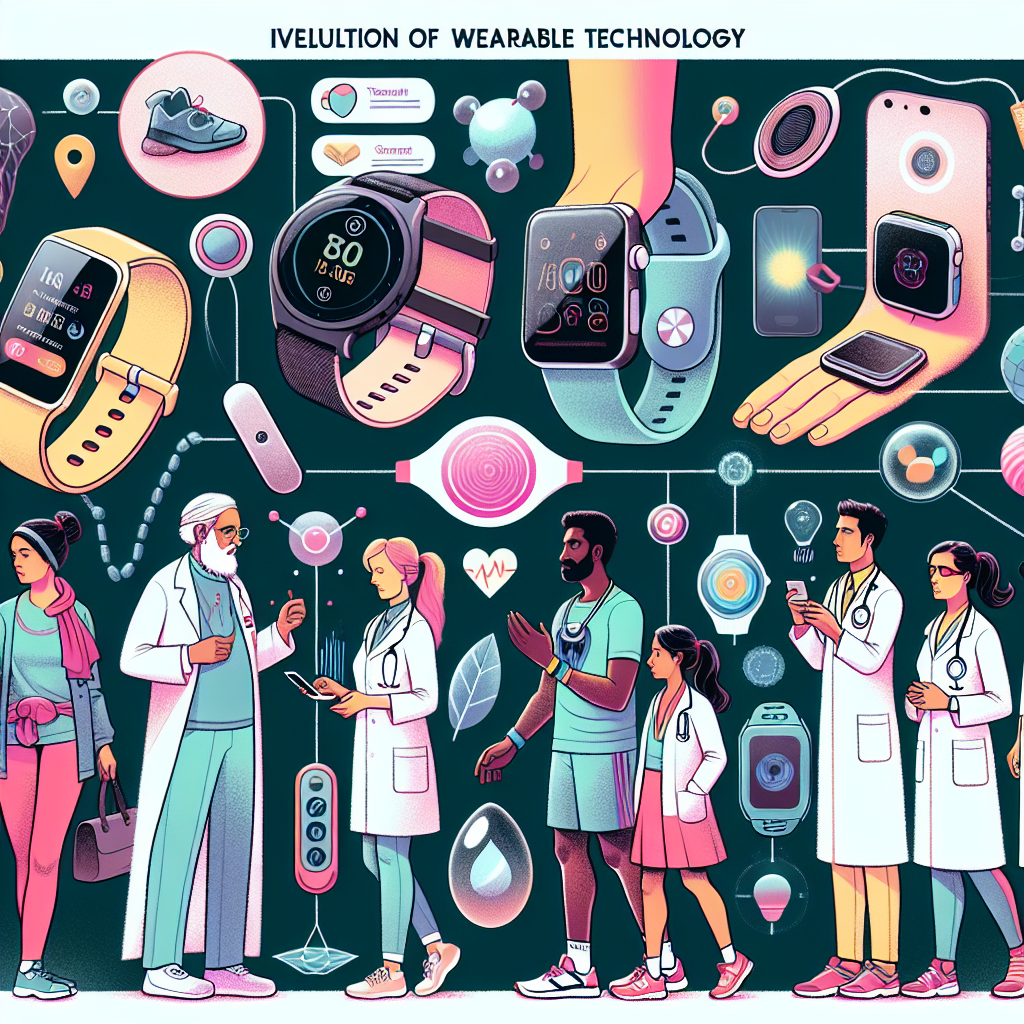Your cart is currently empty!

Green Tech Innovations: How Technology is Driving Sustainability Efforts
Green Tech Innovations: How Technology is Driving Sustainability Efforts In recent years, the global conversation has increasingly focused on sustainability and the urgent need to address climate change. As governments, industries, and individuals grapple with these pressing issues, technology has emerged as a pivotal tool in driving sustainable solutions. Green technology, or "green tech," encompasses…
Green Tech Innovations: How Technology is Driving Sustainability Efforts
In recent years, the global conversation has increasingly focused on sustainability and the urgent need to address climate change. As governments, industries, and individuals grapple with these pressing issues, technology has emerged as a pivotal tool in driving sustainable solutions. Green technology, or "green tech," encompasses a wide array of innovations designed to mitigate environmental impacts and promote sustainability. This article explores how technology is revolutionizing efforts to create a more sustainable future.
Renewable Energy Sources
One of the most significant advancements in green tech is the proliferation of renewable energy sources such as solar, wind, and hydropower. Solar panels and wind turbines are becoming more efficient and affordable, making it easier for countries to transition from fossil fuels to cleaner energy alternatives. Breakthroughs in battery storage technology have also facilitated wider adoption by ensuring that power from intermittent sources like solar and wind can be stored and used as needed. Companies like Tesla and Siemens are at the forefront, developing scalable solutions that can store large amounts of energy, which is crucial for a reliable renewable energy grid.
Energy Efficiency
Innovations in energy efficiency are reducing consumption and lowering costs across industries. Smart grids, for instance, use advanced digital technology to monitor and manage electricity flows, optimizing the delivery of energy and reducing waste. Similarly, smart home devices like thermostats and lighting systems allow consumers to manage energy use more effectively, often through the convenience of smartphone apps. Energy-efficient appliances and LED lighting further contribute to lowering the global carbon footprint.
Sustainable Transportation
The transportation sector is a major contributor to global greenhouse gas emissions, and green tech innovations are driving change toward more sustainable options. Electric vehicles (EVs) are gaining popularity due to advancements in battery technology, longer ranges, and the proliferation of charging infrastructure. Companies like Tesla, Nissan, and emerging players such as Rivian and Lucid Motors are setting new benchmarks for sustainability in transportation. Moreover, public transportation systems are increasingly incorporating electric buses and trains, while cities are investing in bike-sharing programs and pedestrian-friendly infrastructure to reduce reliance on cars.
Circular Economy and Waste Management
Green tech is also fundamental in advancing the circular economy, which emphasizes resource efficiency and reducing waste. Technologies like advanced recycling processes, biodegradable materials, and waste-to-energy systems are paving the way for more sustainable waste management. Startups and established companies alike are developing innovative methods to recycle materials that were previously difficult to reuse, thereby reducing the need for new raw materials and minimizing environmental impact.
Agriculture and Food Production
Sustainable agricultural practices are essential for feeding the world’s growing population without depleting natural resources. Precision agriculture technologies, including drones, sensors, and AI-driven analytics, enable farmers to optimize water usage, monitor crop health, and reduce the use of fertilizers and pesticides. Vertical farming and lab-grown meat are other promising innovations, reducing land and water usage while maintaining or even enhancing food production efficiency.
Water Conservation
Water scarcity is a critical challenge in many parts of the world, and green tech solutions are helping to address it. Advanced desalination technologies are making it more feasible to turn seawater into potable water, while smart irrigation systems ensure that water is used efficiently in agriculture. Additionally, real-time monitoring and leak detection systems help reduce water loss in urban infrastructure.
Conclusion
As the effects of climate change become more apparent, the role of green technology in driving sustainability efforts cannot be overstated. From energy and transportation to waste management and agriculture, technological innovations are providing the tools needed to build a more sustainable and resilient world. While challenges remain, the momentum in green tech innovation offers hope for significant strides toward environmental sustainability. Continued investment, research, and global cooperation will be key to leveraging technology’s full potential in creating a sustainable future for all.

![Need for Speed: [Driver Name]’s Dominance on the Track](https://blogssite.com/wp-content/uploads/2025/05/1746559811.png)



Leave a Reply
You must be logged in to post a comment.